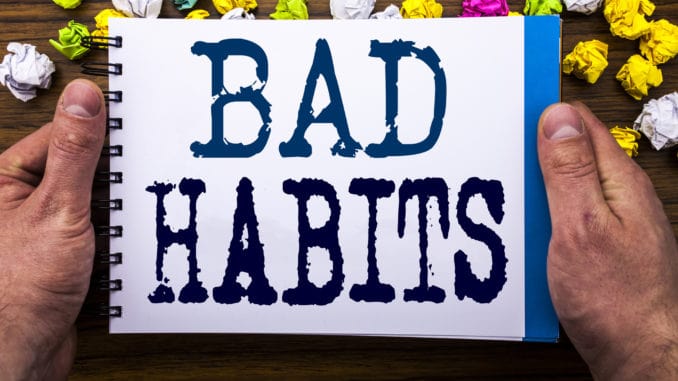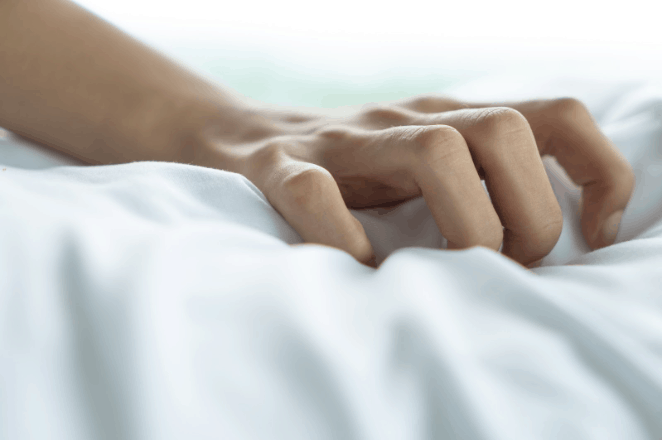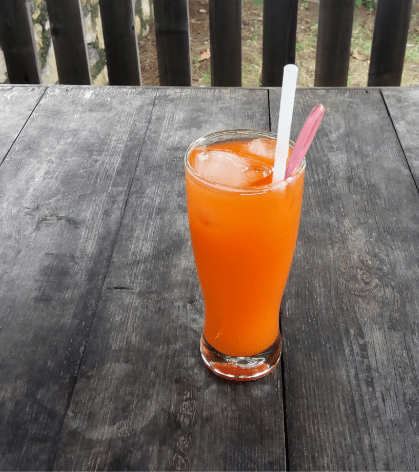
[cmamad id=”23227″ align=”center” tabid=”display-desktop” mobid=”display-desktop” stg=””]
This creates new pathways in the brain and allows you to create new healthy habits super fast…
—-Important Message from Our Sponsors—-
If you give your woman this rare orgasm, she will worship you like a god…
She wants one. You want to give her one.
But it ain’t coming.
The female orgasm can seem like a mythical beast…
But I’ve discovered 4 techniques that any man can use to easily give a woman the most powerful orgasm of her life.
The question then is…
Can you handle this much sexual power?

———-
Stop being controlled by your bad habits
Today’s newsletter can change your life. Because you won’t be controlled by your bad habits anymore.
How do I know this works?
I use these techniques every day to eat better, lose fat, have a better relationship with Jodi, and maintain an active schedule that would have killed me as a younger man, LOL.
So meet Mark…
Every morning Mark takes the EXACT same route to work in EXACTLY the same way. It is his basic routine.
Because of this routine, Mark drives without thought.
He always jokes: “My car knows how to get to work.”
Why is it so easy for Mark to drive to work, when driving is a very complicated task that even computers and robots can’t do (so far)?
The answer is a little strange… Let’s start with HABITS.
Most people know that habits are developed from repeated actions.
But what they don’t know is that those repeated actions create pathways in the brain…
[cmamad id=”23228″ align=”center” tabid=”display-desktop” mobid=”display-desktop” stg=””]
And that these pathways are PHYSICAL.
Understanding the physical aspects of how habits work can help you to break or create almost any habit you want.

This study was about drug habits, but it could be about almost any habit.
It may seem strange that I’m talking about habits when the study is about addiction, but habits and addictions are incredibly similar in how they work.
I’m not saying they’re exactly the SAME exact thing…
Addictions are much stronger than habits. But – the same mechanisms cause both addictions and habits.
Why cues are important to habits…
For most of our daily lives, we run on nearly 100% autopilot.
Just like Mark taking the turn to go to work even when he’s trying to go somewhere else, our brains rely on cues in order to execute the physical programs we write into them through repetition.
For example, think about when you brush your teeth.
You probably do it after a specific cue.
Maybe you eat breakfast and then go pick up your toothbrush and brush your teeth.
Breakfast is the cue for picking up your toothbrush… and picking up your toothbrush is the cue for brushing your teeth.
Specific cues can cause habit cascades.
When you’re trying to end an old habit (or start a new one) it’s a good idea to pay attention to environmental cues that already exist.
“It’s known [that] environmental cues can be strong triggers for those trying to kick a drug habit because those cues activate the brain’s emotional and stimulus-response systems.”
Often, it’s cues that need to change – rather than the habit itself.
Why is it so hard to quit a habit when faced with familiar cues…
Popular culture tells us that if we have enough “free will” we can easily change our habits. But this just isn’t true.
When we are exposed to a cue, it’s like hitting “run” on a computer program.
The habit runs automatically.
“A new study by University of Guelph researchers reveals for the first time that there’s more going on in the brain when someone walks past a customary lighting-up spot or sees drug-taking paraphernalia that makes quitting the habit even harder.”
That’s because the cue activates powerful regions in our brains that start running the physical programs your brain has stored.
“Besides triggering the brain’s emotional and stimulus-response systems (see smoking area, smoke, feel good), environmental cues activate brain areas where memories are processed.”
The key, then, to changing habits is to change your cues.
Changing your cues
One way you can change your cues is to change your environment.
If you want to start hanging up your coat as you come in the house, but normally put it on a chair, then moving the chair may be enough of an environmental change to trigger the change in your behavior.
If you want to stop eating chocolate, then not keeping it in your house will help a lot.
Changing your environment is one of the easiest ways to change the cues that “run” your habits.
Another way to do it is to create a replacement habit.
Replacement habits
Sometimes it’s not possible to disrupt our cues in order to form new habits.
If that’s the case, creating a replacement habit that runs on the same cue can help.
For instance, if you eat dinner and then smoke, you can use a replacement habit of eat dinner and then put on your sneakers.
The sneakers could then trigger a walk.
This works especially well if the replacement habit meets the same emotional need as the original habit.
You can choose the life you want to live, but you’ve got to know how to hack your brain.
—-Important Message—-
Drink this Columbian “jungle juice” to get bigger, longer-lasting erections
On my last trip to Columbia, I met a famous shaman who shared an ancient jungle juice recipe with me…
This ancient jungle juice has been passed down from generation to generation for hundreds of years, and it’s giving men bigger, better boners.
And right now, you can try it for free.
Here’s the Columbian jungle juice that gives men bigger, better, longer-lasting erections…

———-

- Why environmental cues make drug addiction extra hard to beat https://www.sciencedaily.com/releases/2019/02/190227124848.htm
- Cocaine, nicotine, and their conditioned contexts enhance consolidation of object memory in rats http://learnmem.cshlp.org/content/26/2/46
- Breaking Bad Habits | NIH News in Health https://newsinhealth.nih.gov/2012/01/breaking-bad-habits
- Which 'Bad' Habits Can You Keep? https://www.rush.edu/health-wellness/discover-health/bad-habits-you-can-keep
